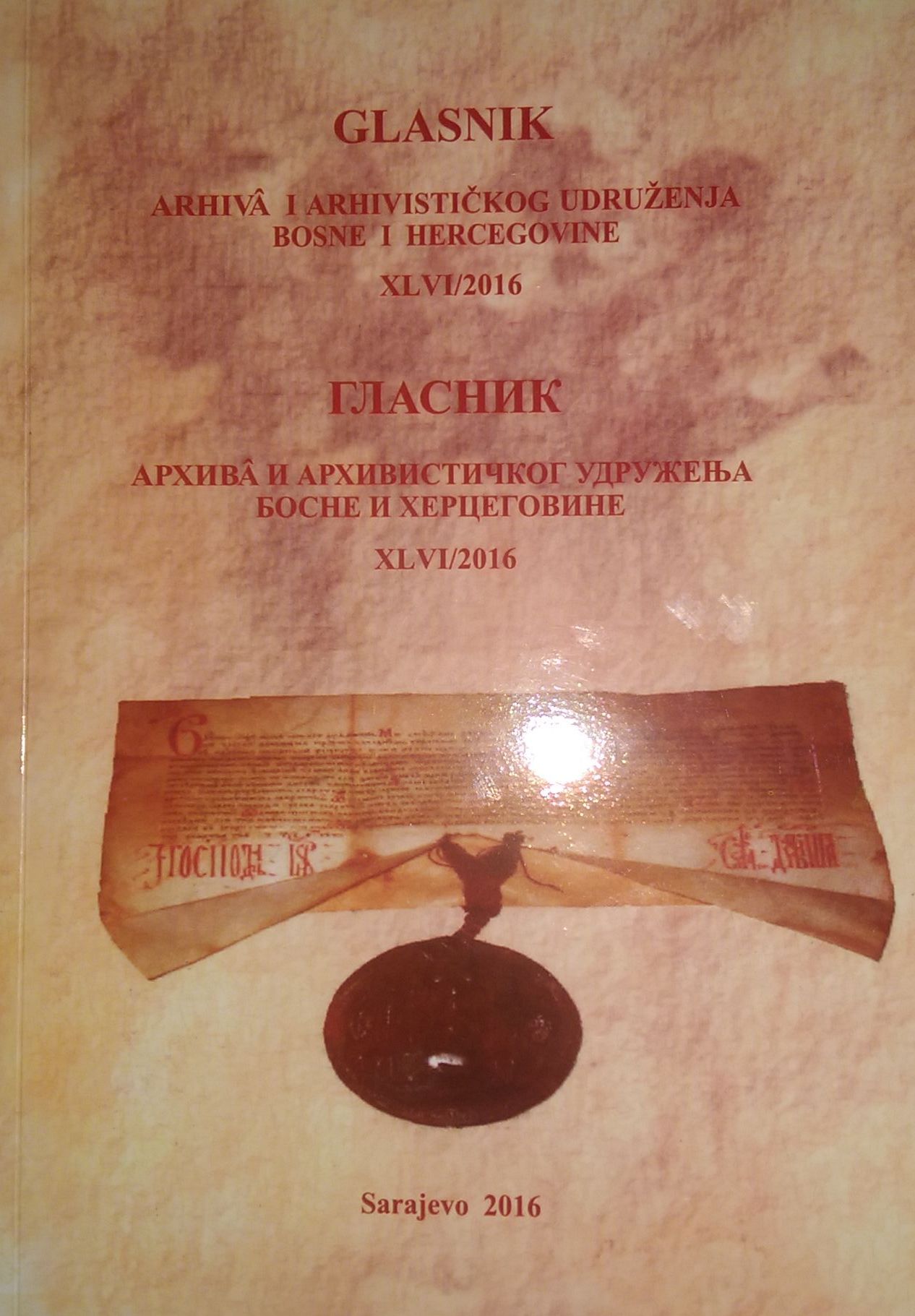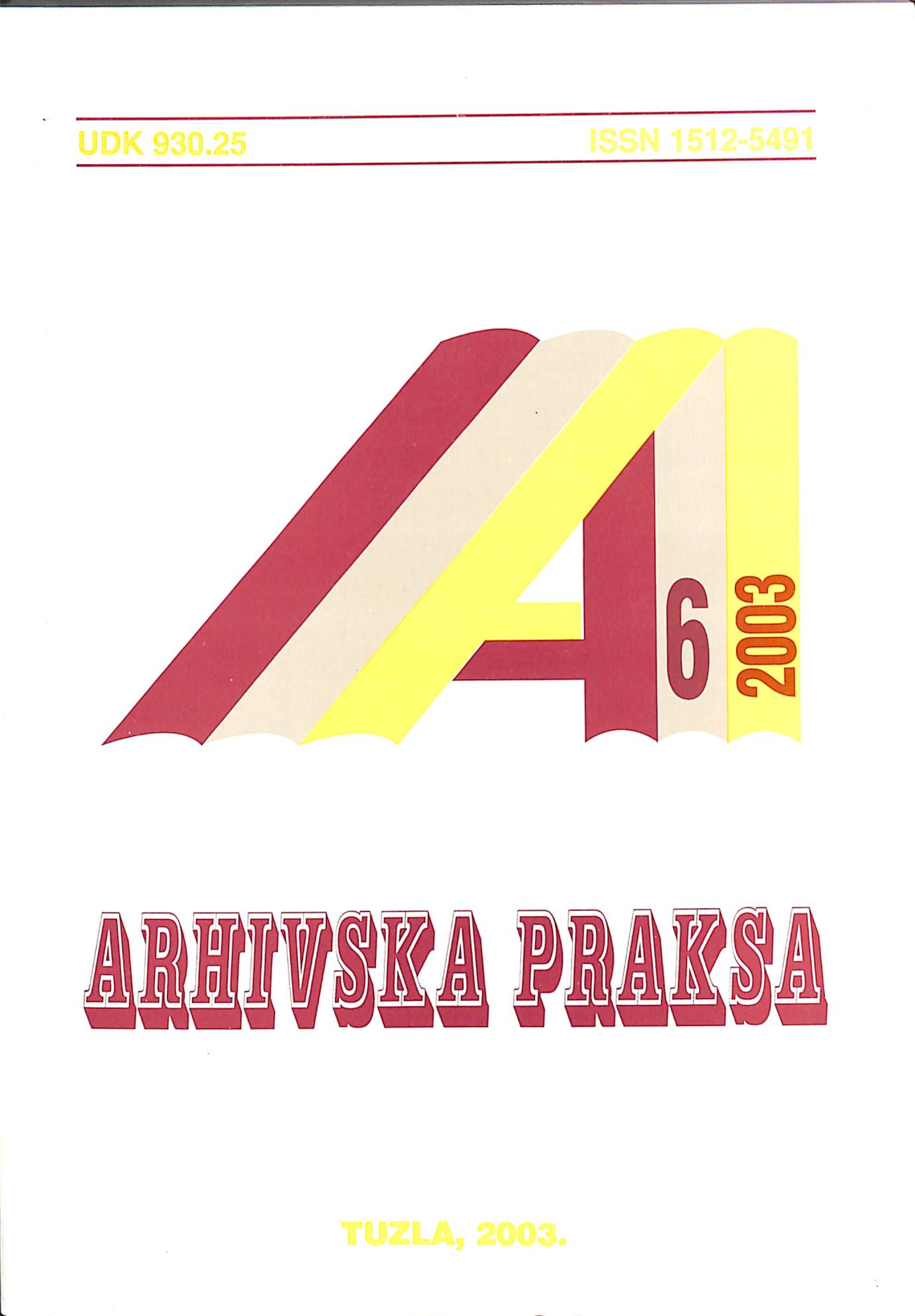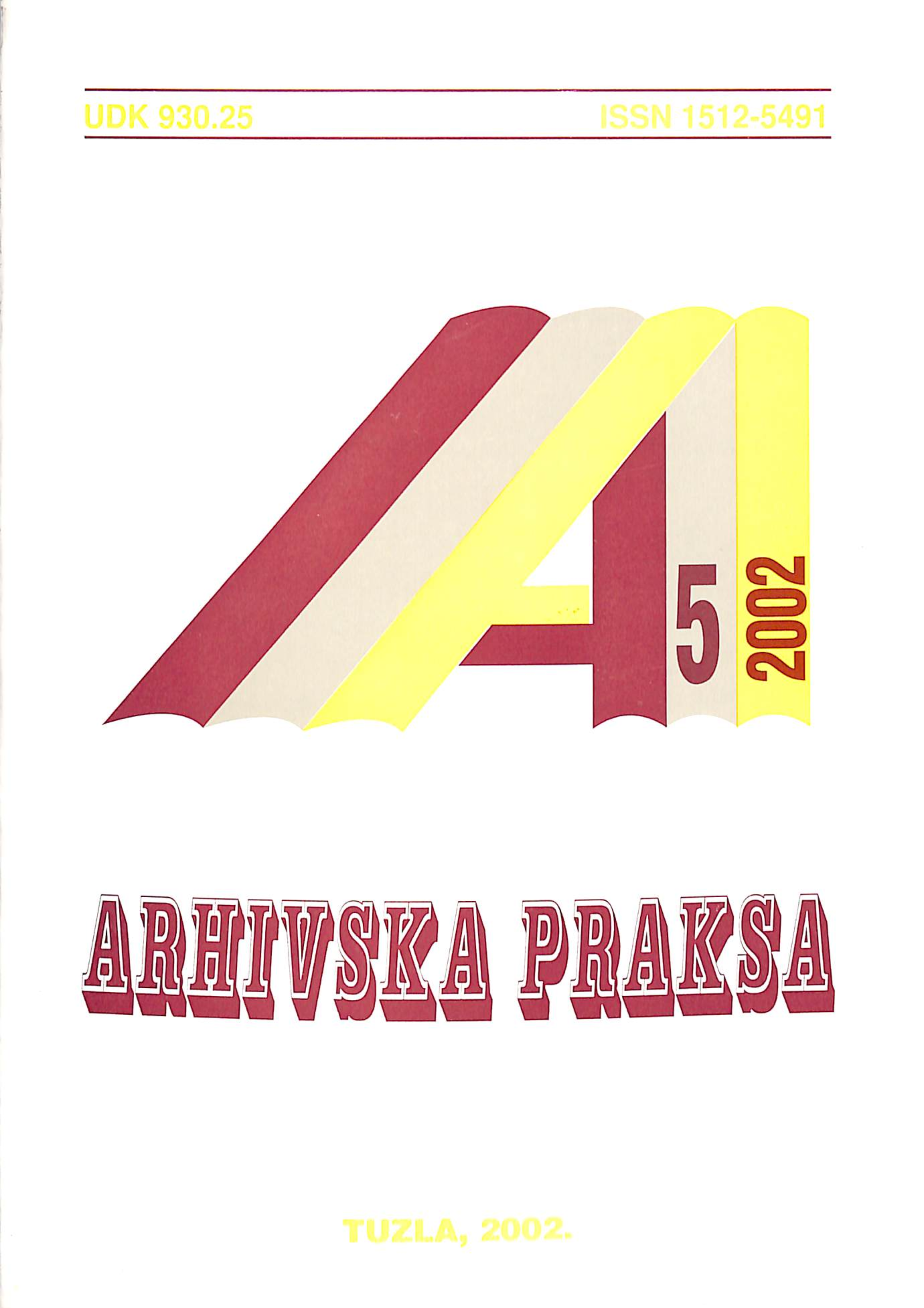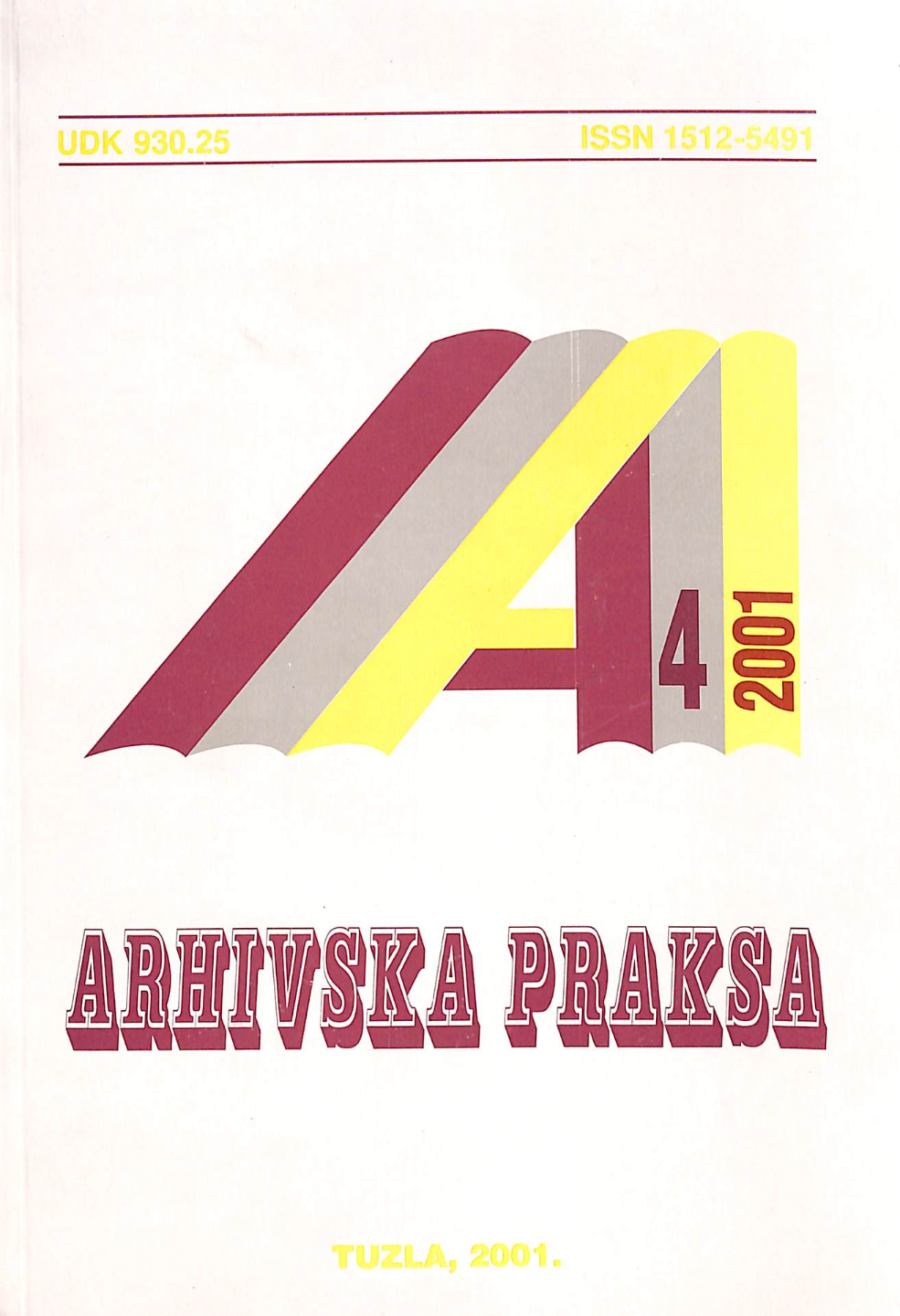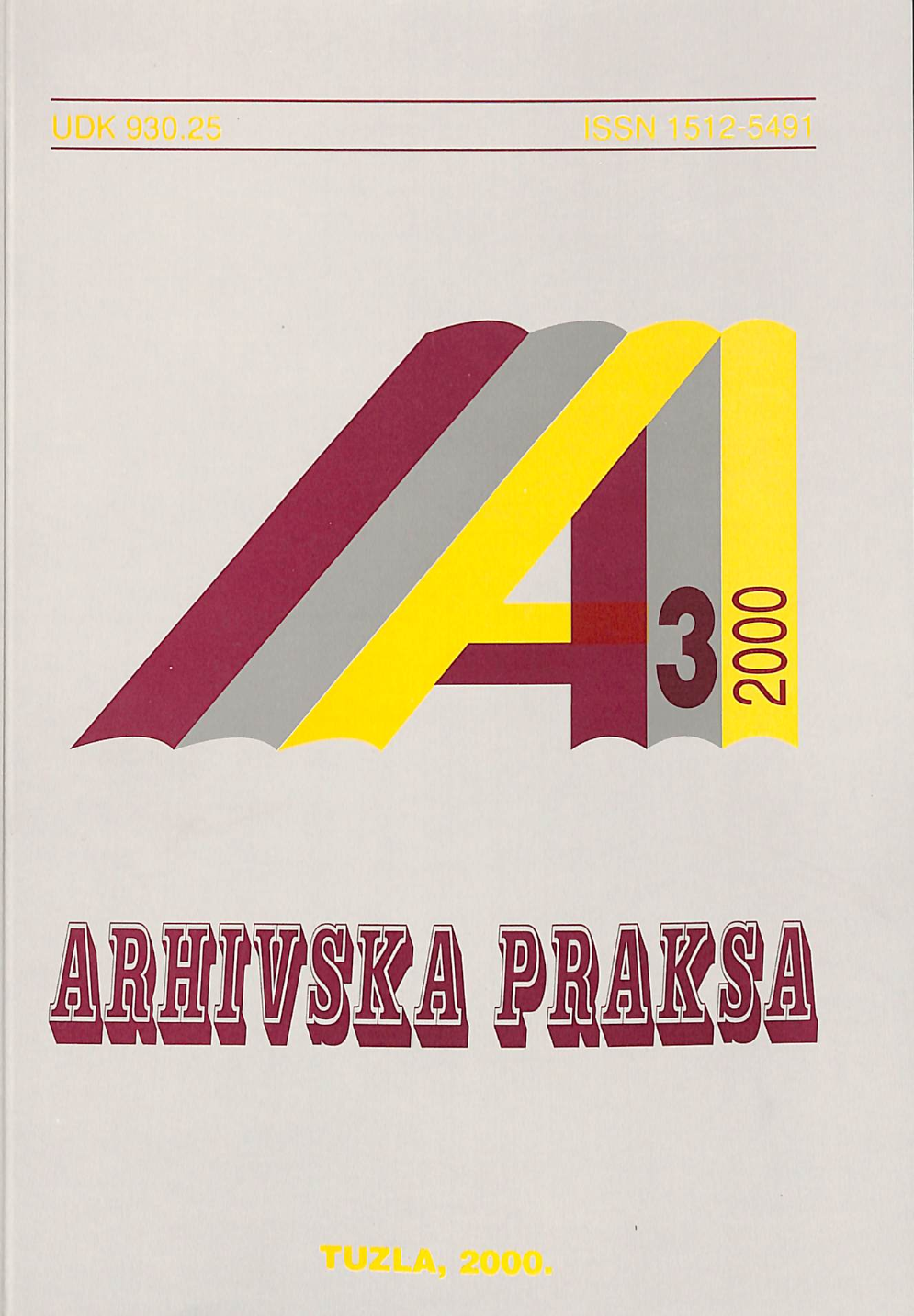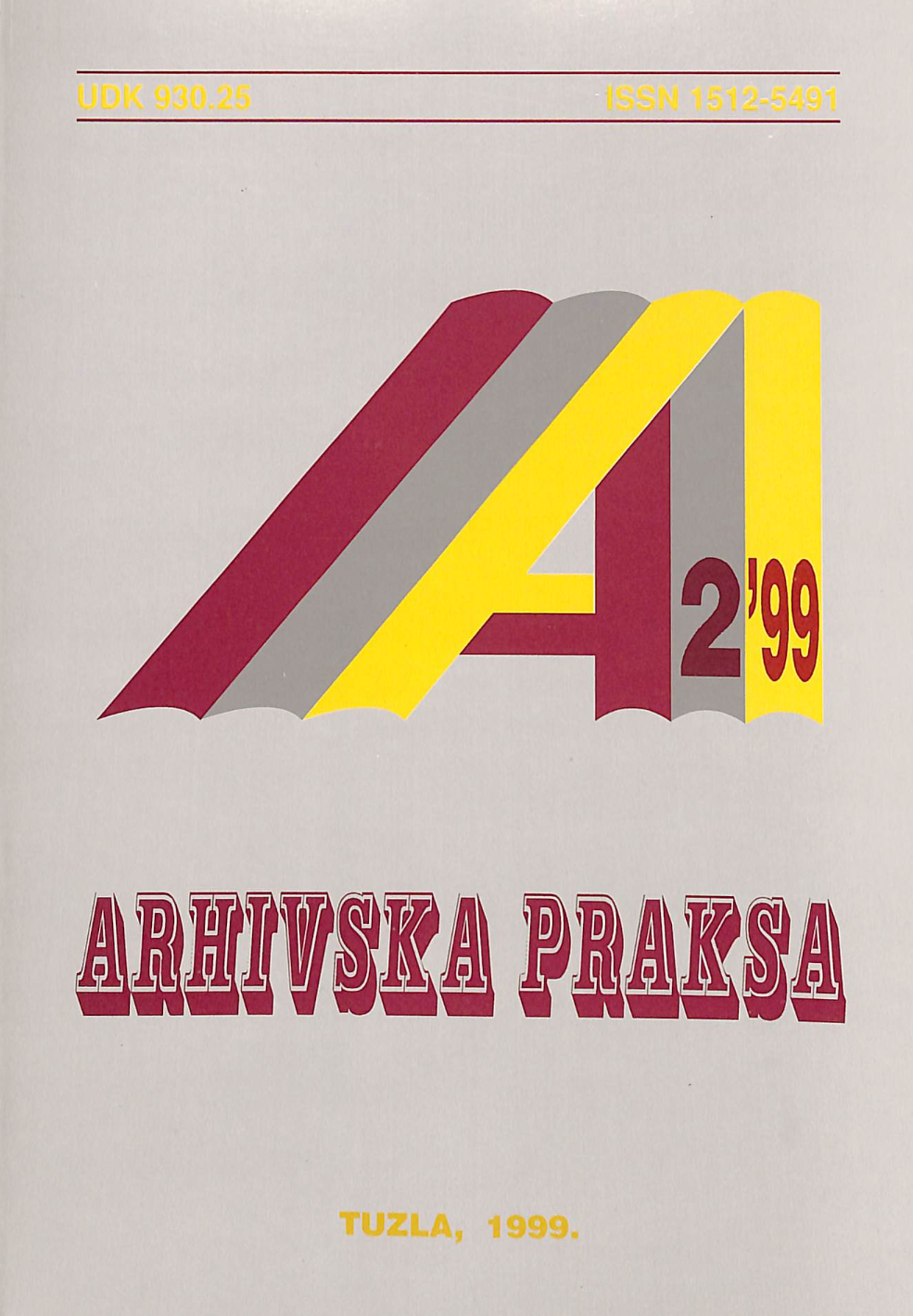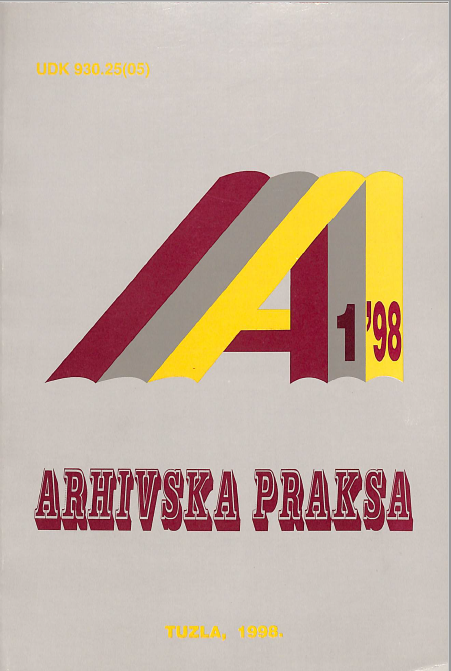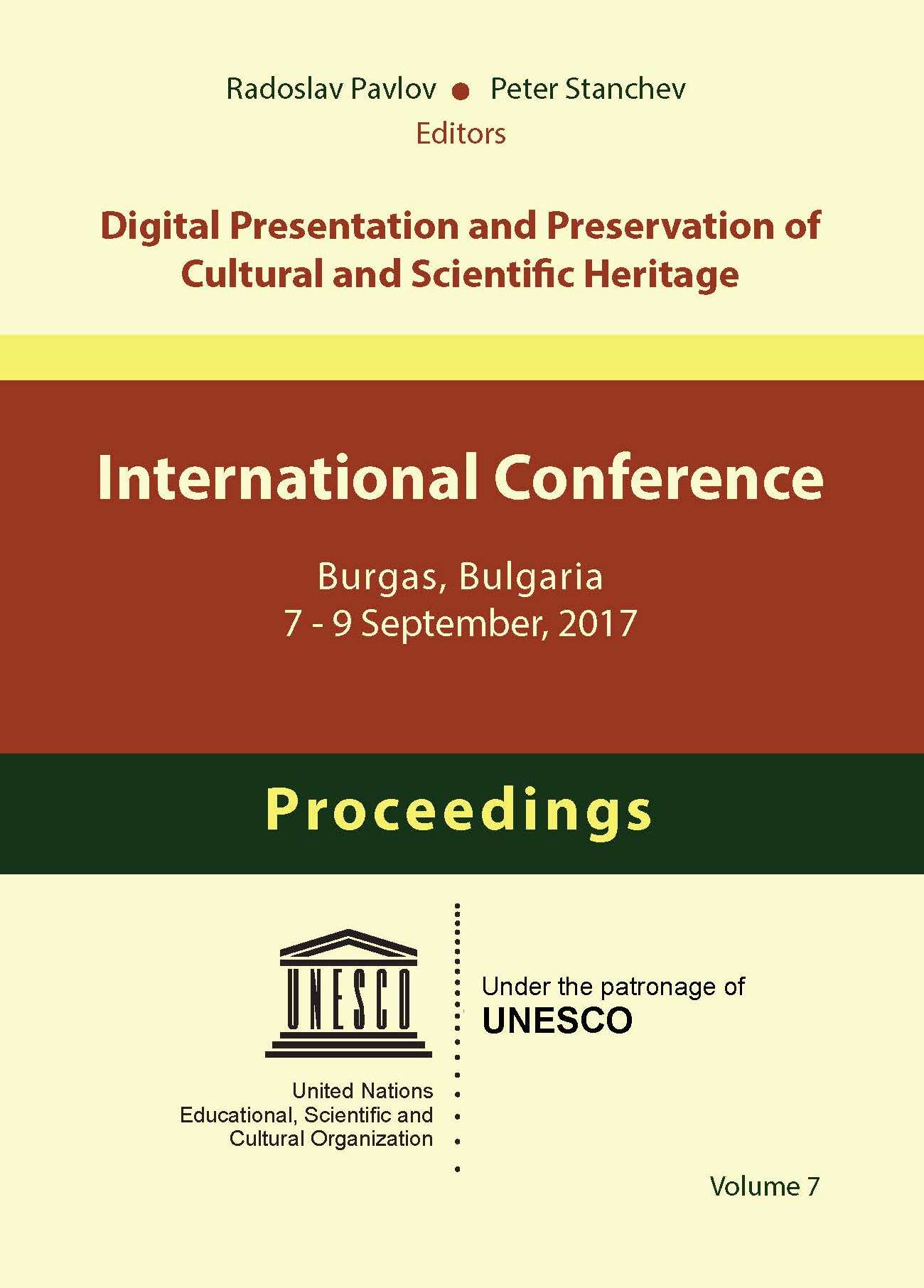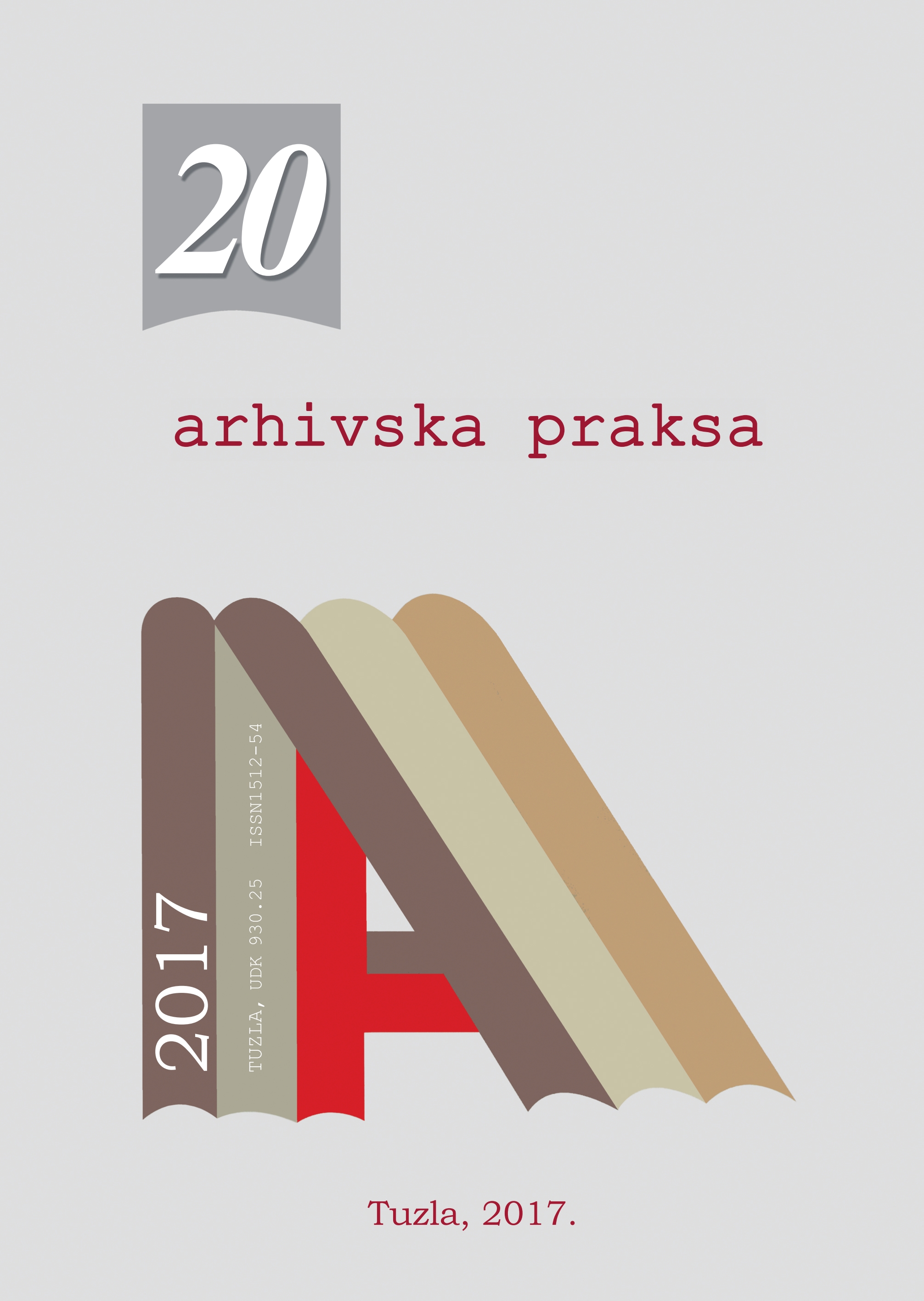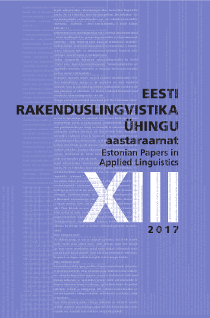Author(s): Sejdalija Gušić / Language(s): Bosnian,Croatian,Serbian
Issue: 6/2003
From the above facts, we clearly conclude that a great lack of archive material that can accordingly adequately attest to the Ottoman period in Bosnia and Herzegovina. The reasons for this situation, and having in mind all the cataclysm through which the Bosnia and Herzegovina in its historical duration, are not in dispute. However, this should indicate the fact that a significant part of our archival holdings are located in archives outside the country. So far little was done on organized archival research to supplement our funds and collections of documents relating to the history of Bosnia and Herzegovina in the Ottoman period. Work on research archives abroad (Turkey, Austria, Croatia, Serbia and Montenegro, etc.) is reduced mainly on research for the treatment of certain subjects and not to complex research, to selected documents in the form of a copy placed in archives and made available to researchers. In this regard, it should maximize on mutual cooperation between the archives of Archives of Bosnia and Herzegovina and the Archives of the Republic of Turkey (Ankara, 28.10.2000.), and in Bosnia and Herzegovina do and adopt an agreement between archival services and scientific institutions that would predicted unique program complex archival research in the country and abroad, in compliance with current and future needs of historical science. At this point current is acquiring microfilm and copies of cadastre registers for Bosnia and Herzegovina and the Sandzak at the time of the Ottoman Empire from the Archives of the Republic of Turkey. This opportunity should be used for such an agreement, and for similar actions in the future to make a considered project with the specification of the types of documents needed for serious historical research. Here I do not mean only in the archives of Turkey, care and archives in Austria, Hungary, ltaly and immediate neighbors, which together with Bosnia and Herzegovina shared the fate of the Ottoman Empire.
More...
